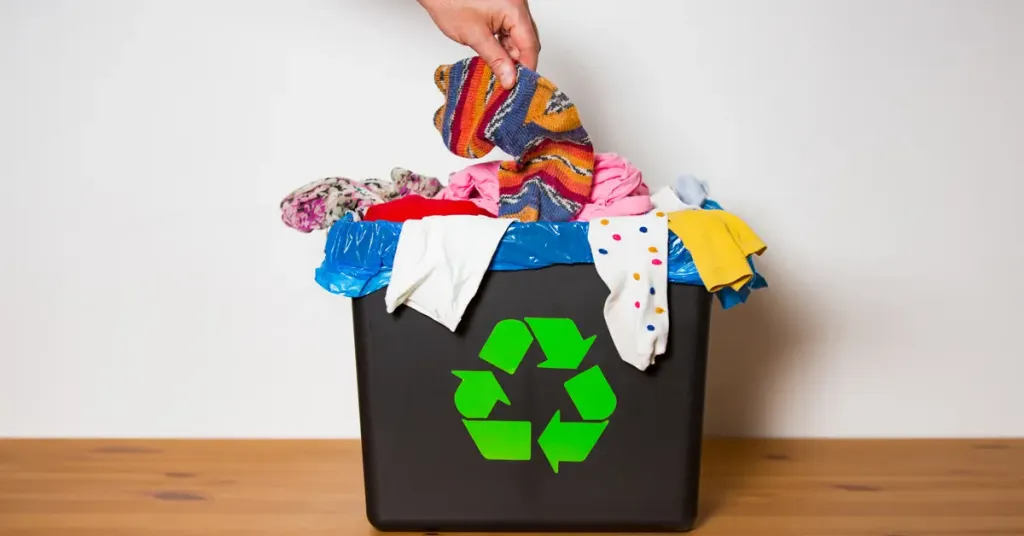
The world is waking up to the reality of our planet’s limited resources and the need for more sustainable practices. As a result, governments are passing laws that promote a circular economy, where waste is minimized, and resources are reused. One such law is the AGEC law adopted by the French government in 2020, also known as the French Anti-Waste Law. This law aims to encourage businesses, municipalities, and citizens to eliminate waste and adopt more circular practices.
The fashion and textile industry is one of the industries that will be affected by this law. Here are some key things to know about how the AGEC law impacts the fashion industry:
What is the AGEC law?
The AGEC law is designed to encourage businesses to adopt more circular practices by eliminating waste and promoting the reuse, recycling, and repair of products. It includes measures such as the world’s first reparability index, bans on wasteful single-use products, uniformization of sorting bins, and more. The law is organized around five key issues, including eliminating single-use plastic packaging by 2040, limiting waste production, taking action against planned obsolescence, and promoting a better resource management system from the design stage.
How does it apply to the fashion and textile industry?
The AGEC law has three key rulings that will impact the fashion and textile industry. The first ruling prohibits the destruction of unsold items that came into force on January 1, 2022, for those under an EPR scheme, and for all other products by the end of 2023. The second ruling is the sorting guidelines that will be applied by February 1, 2023. The third ruling is on environmental communication, including information obligations regarding the quality and environmental characteristics of products.
Who will be impacted?
The law applies to all goods sold in French territory. Therefore, any brands and retailers selling in France need to comply with the law’s requirements.
When is the law coming into force?
The implementation of the information obligations within the AGEC law will take place in three stages, starting from January 1, 2023.
What information will need to be provided?
Producers will need to provide multiple environmental qualities or characteristics that must be made available to consumers, as well as the premiums or penalties paid on each product, in terms of its environmental performance, and the criteria giving rise to this premium or penalty.
How does the information need to be provided?
The information must be made available to consumers free of charge at the time of purchase in a paperless, reusable format. The information should be presented as a product sheet that can be easily accessed via a search engine. The product sheet is to be called a “product sheet on environmental qualities or characteristics.”
What happens to the products that are already in the market?
If you introduce new quantities of a product that’s already in stock, the product will become subject to these requirements. Only products for which the last piece of stock will be brought to the market before January 1, 2023, will be exempt.
What are the risks of not complying with the law?
From January 1, 2023, any infringement is liable to a fine not exceeding €15,000 per legal entity, and there will also be some sanctions for deceptive commercial practices.
In conclusion, the AGEC law is an important step towards a circular economy, and the fashion industry needs to adapt to this new law to promote sustainable practices. Brands and retailers selling in France need to be aware of their obligations and ensure they comply with the law’s requirements. By doing so, they can contribute to creating a more sustainable future and promote circular practices in the fashion industry.

